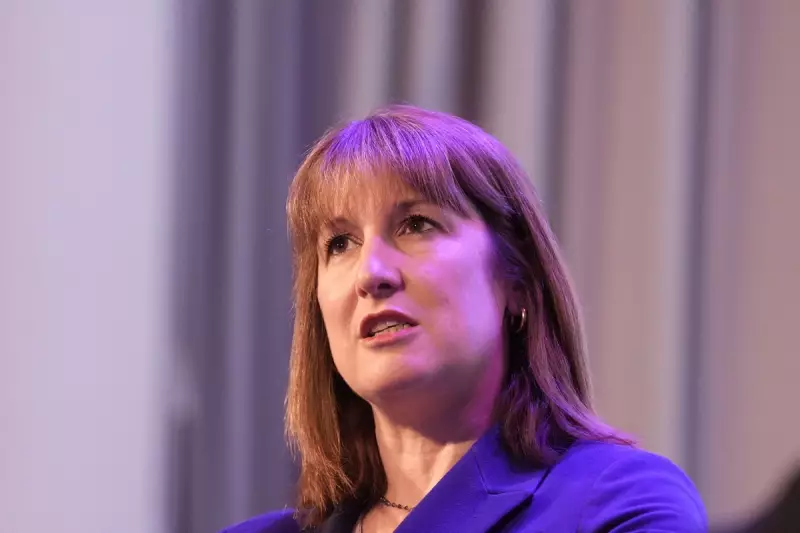
In a significant move to win over the business community, Shadow Chancellor Rachel Reeves has pledged a major overhaul of England's business rates system if Labour wins the next general election.
The proposed reforms are designed to provide immediate relief to struggling firms and create a fairer, long-term system for taxing commercial property. The announcement signals Labour's intent to position itself as the true party of business and economic competence.
Key Measures in Labour's Business Rates Blueprint
The centrepiece of the plan is a freeze on the business rates multiplier for the following year. This would prevent the tax bill for ratepayers from automatically rising with inflation, offering a crucial cushion against soaring costs.
Furthermore, Labour promises to increase the threshold for Small Business Rates Relief. This critical change would lift thousands of independent shops, pubs, and cafes out of the business rates system entirely, freeing up capital for investment and growth.
Tackling the High Street Crisis
Reeves framed the policy as a direct intervention to save the nation's high streets, which have been battered by a combination of rising costs and the shift to online retail. She argued that the current business rates system unfairly penalises brick-and-mortar stores while many large online giants pay comparatively less.
"Our high streets are the heart of our communities, but they have been neglected for too long," Reeves stated. "These measures will provide much-needed support to the small businesses that keep our town centres alive."
Beyond a Quick Fix: A Promise of Root-and-Branch Reform
While the freeze and threshold increase offer short-term relief, Reeves also committed to a fundamental review of the entire business rates system. The goal is to eventually replace it with a fully reformed system that is fit for the 21st-century economy.
This long-term vision aims to create a more level playing field between physical retailers and their online competitors, ensuring that the taxation of business property is fair and sustainable.
The announcement has been welcomed by retail groups and small business associations, who have long campaigned for an overhaul of what they see as an archaic and burdensome tax. The policy is set to become a key battleground in the economic debate leading up to the election.





